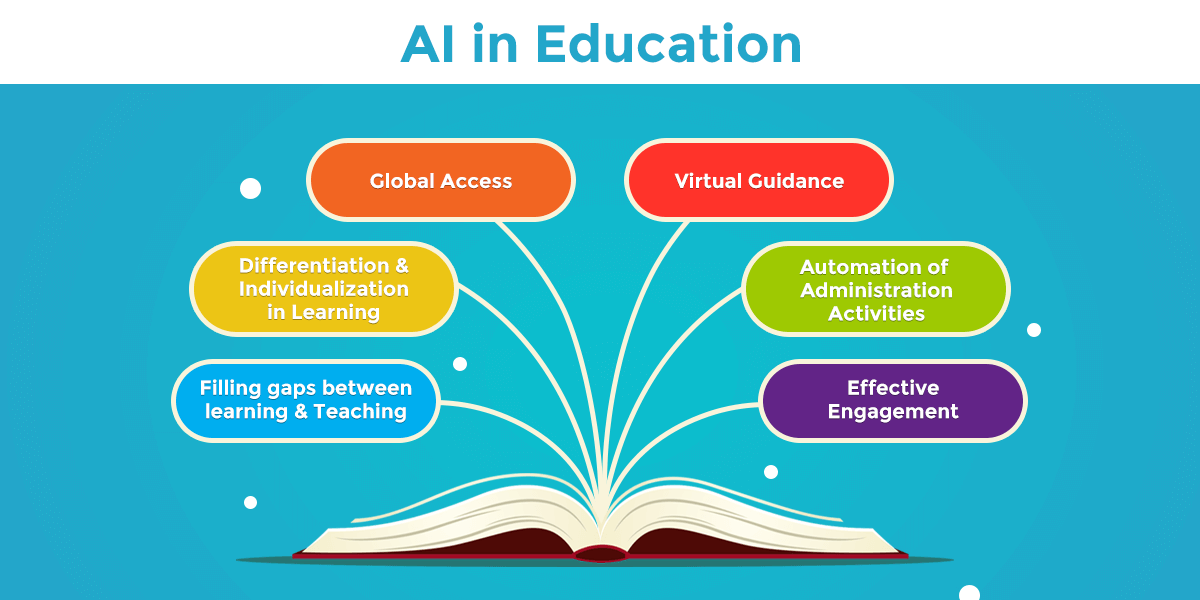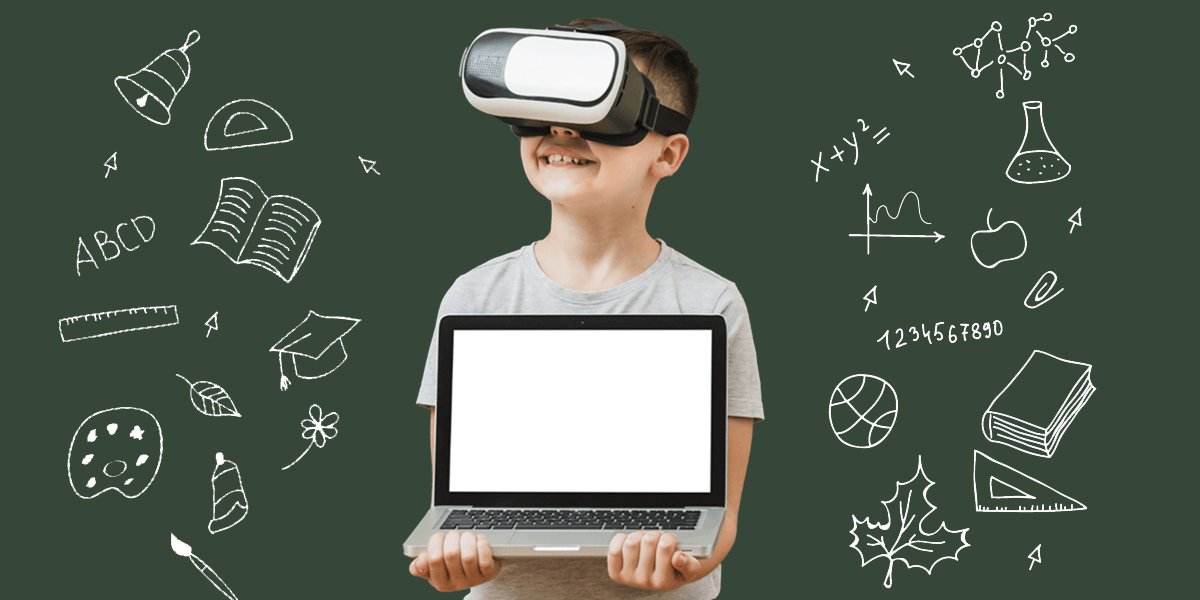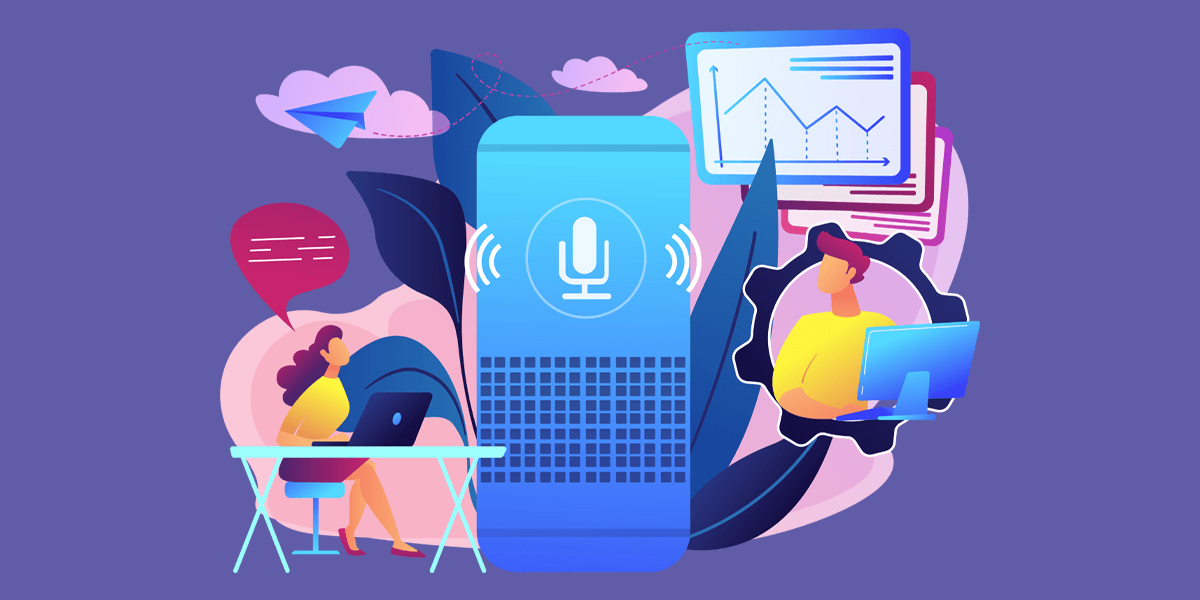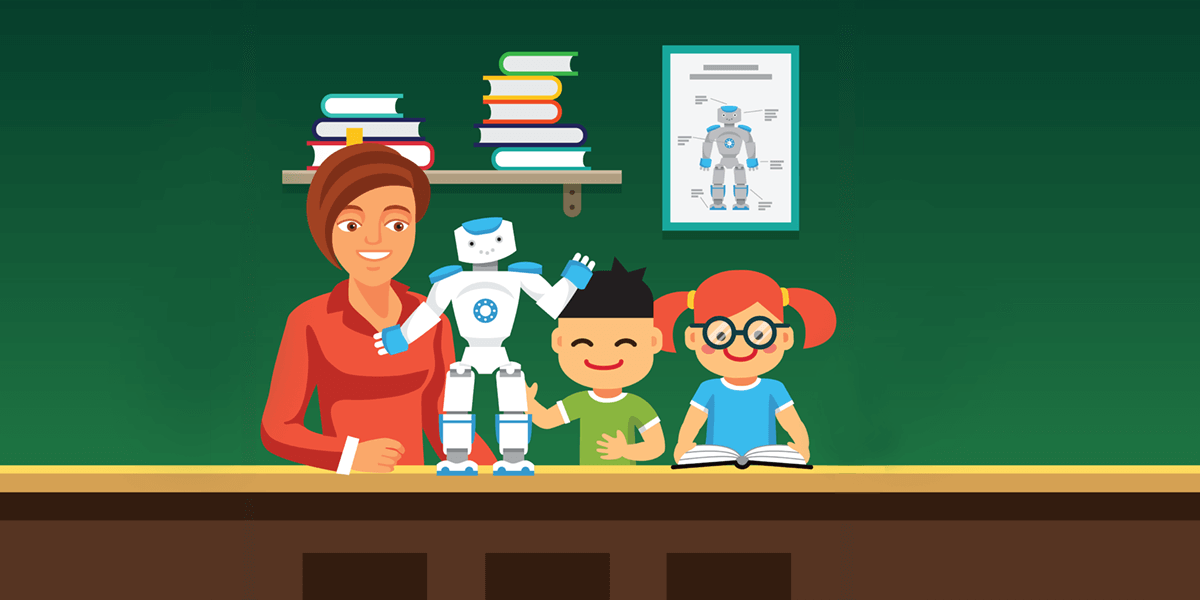Artificial Intelligence has taken the globe by storm in the past few decades. AI has made things a lot easier in various fields especially in the field of education. Many researchers and innovators believe that Machine Learning and AI learning can increase the quality of education. Hence, the application of AI in education has been widely discussed and some institutes have already begun incorporating this innovation.
We are yet to reach a point where we would be surrounded by some self-aware robots like R2D2 in Star Wars or Sonny in I Robot who would not only help us in teaching but also be a better company. But hey! Siri and Alexa are a good start for now. While the bots and androids we see in movies are cool to watch, the advantages of using AI in education can be phenomenal in the real-life scenario:

1- Any time learning: Yes, we spend a lot of time on our phones and computers. So why not use it productively? Some applications based on artificial intelligence provide an opportunity to study in free time. Also, get feedback on our progress almost instantly.
2- Global access and Availability of options: Using AI for teaching is highly adaptive. The systems can help you understand your weakness, your areas of interest accordingly.
AI-powered speech recognition and translation helps students to understand content from any part of the world. Microsoft’s Presentation Translator, a PowerPoint plug-in, is one practical example that provide real-time translations for education sites.
3- Virtual guidance: Students can learn and get skill-training remotely from AI-powered virtual facilitators and intelligent tutors.

Image source: Freepik
University of Southern California (USC) Institute for Creative Technologies is exploring AI to create smart virtual environments for learning.
We can understand how impactful AI can be when it is incorporated in education and teaching. The students aren’t the only ones who are at the advantage, even the teachers and schools are benefitted by this. Here’s how:
a) Effective engagement: When VR helps us in bringing our gaming experience to life, similarly the use of VR can bring a phenomenal impact in engaging with the subject topics. With the use of AI-enabled algorithms, we can find out the users’ interests and knowledge providing a more personalized recommendation.
b) Differentiation and individualization in learning: There are a lot of teachers across the globe with whom students can connect with. Assigning appropriate tutors for the students as per strengths and levels of understanding will be effective and is an effective use of AI for teaching.
Carnegie Learning’s “Mika” software uses AI technologies to impart personalised guidance and real-time feedback for students.
c) Automation of administration activities: This is a great advantage for the teachers. With the help of AI, a lot of time is saved from preparing a curriculum from the start and appropriate reading materials are provided. Also, other administrative activities which are usually tedious are sorted and taken care of without losing much time.

Image source: Freepik
Netex Learning, a digital learning company, employs AI tools to design digital curriculum and content. It also provides online assessments.
d) Bridging the gap between learning and teaching: In the era of AI, the gap between learning and teaching is bridged as AI helps both the teacher and the student to have access for any information regarding the subject. With the help of AI, there’s accessibility to vast which may not be easier to comprehend easily. Thus, both teachers and student get to learn simultaneously.
The scope of utilizing AI for school students is endless. Every bit of information, subject, and advice is easily available at a click of a button and a lot of time is being saved when in a bid to search for information about a new topic or methods finish your homework. But don’t forget to switch on your WiFi!

